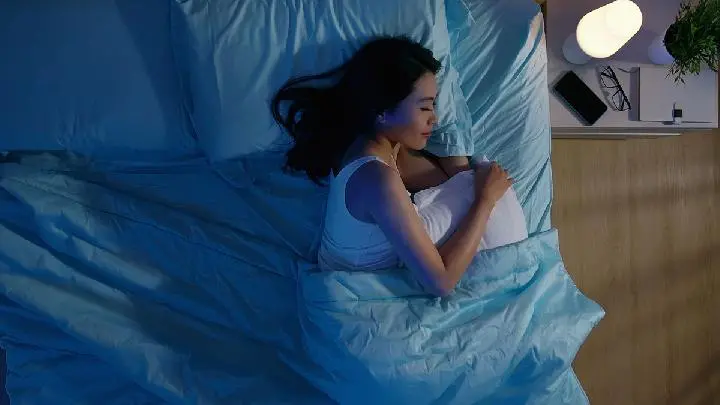
TEMPO.CO, Jakarta - Darkness at night is more than just a backdrop for sleep. It serves as a natural cue for the body to rest, repair, and replenish energy. Modern lifestyles, with constant exposure to artificial light, have blurred the boundary between day and night. Emerging research suggests this could come at a cost to our hearts.
A study presented at the American Heart Association's Scientific Sessions 2025 found that exposure to light while sleeping may increase the risk of cardiovascular problems.
Even low-intensity nighttime light has been shown to trigger stress in the brain and inflammation in blood vessels. These processes can accelerate arterial stiffening, which is a leading cause of heart attacks and strokes.
Findings from Harvard and Massachusetts General Hospital
Researchers from Harvard Medical School and Massachusetts General Hospital studied 466 adults using PET/CT scans.
Participants living in areas with brighter nighttime lighting had a 35 percent higher risk of heart disease over five years and a 22 percent higher risk over ten years.
Seventeen percent of participants experienced serious heart disturbances during follow-up.
Lead researcher Shady Abohashem noted, “There is an almost linear relationship between nighttime light and heart disease. The more light exposure, the greater the risk. Even a small increase in nighttime light is linked to higher brain and artery stress.”
Additional Evidence from Northwestern University
Another study from Northwestern University Feinberg School of Medicine, published in PNAS in 2022, found that sleeping under moderate light, around 100 lux, equivalent to a night lamp or a TV, disrupted metabolic and cardiovascular function in just one night.
Participants experienced higher heart rates, reduced heart rate variability, and lower insulin sensitivity the next morning. This signals both increased stress on the heart and a disruption in blood sugar regulation. Over time, this could increase the risk of diabetes and heart disease.
These findings highlight how artificial light exposure at night affects sleep, the nervous system, metabolism, and overall cardiovascular health. While more research is needed, experts recommend simple lifestyle adjustments to protect the heart.
Lifestyle specialists, cited by Times of India, propose a “light diet”, regulating artificial light after sunset like we limit sugar or caffeine. Practical steps include turning off electronic devices before bed, using blackout curtains, or switching to warm-colored lighting. Even small changes can help restore the body’s natural rhythm, improve sleep quality, and reduce heart stress.
Some cities in Europe have started applying these principles on a larger scale. They are creating “dark sky towns” and designing urban spaces to minimize light pollution. These initiatives emphasize that heart health is not only about exercise or diet
Science is reminding us that sometimes, the simplest way to protect our hearts is to turn off the lights and let the body rest.
Aprilian Rodo Rizky contributed to the writing of this article.
Click here to get the latest news updates from Tempo on Google News
